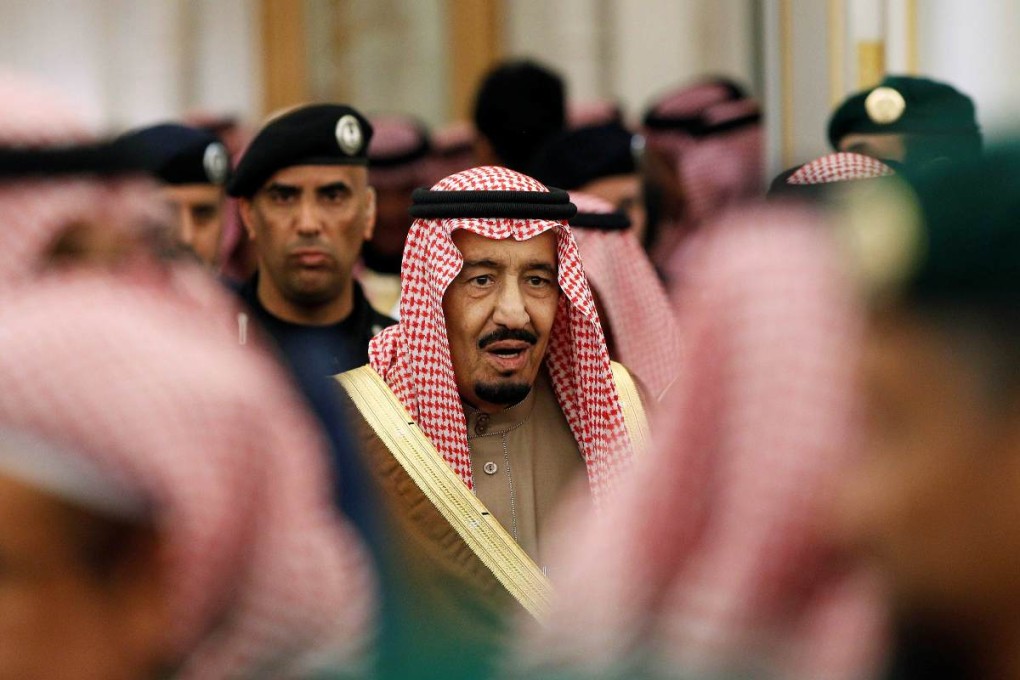House of Saud's partnership with Wahhabi clerics behind rights abuses
Influence of conservative form of Islam stems from pledge made more than three centuries ago

The anointment of the House of Saud more than three centuries ago came with a pledge to rule in tandem with the austere clerics of Wahhabi Islam whose puritanical theology has provided some of the underpinnings for the extremist groups throughout the Middle East.
In Saudi Arabia, that partnership has left the royal family - often free-wheeling and free-spending in its own habits - presiding over a deeply conservative society with one of the worst human rights records on earth.
Public beheadings routinely follow Friday prayers, drawing large crowds. A Myanmese woman convicted of killing her stepdaughter met her fate earlier this month at the hands of a swordsman in the streets of Mecca, screaming her innocence as she was held down by police, according to video distributed by human rights activists.
This month, a Saudi blogger became the subject of an international campaign to save him from a sentence of 10 years in prison and 1,000 lashes spread over 20 weeks - a sentence so severe that doctors recommended that a second round of 50 lashes be postponed because he had not healed from the first.
Wahhabi doctrine is so deeply entrenched in the desert kingdom that few believe that King Salman - an elderly brother of the late King Abdullah who took the throne last week - is likely to make many reforms.
The grand bargain forged in 1774 between Mohammed ibn al Saud, then a minor clan leader, and the cleric Mohammed Abdul Wahhab, provided the ideological justification for uniting the fractious tribes scattered across the Arabian Peninsula under the rule of the House of Saud.
As their empire expanded, so did the influence of the Wahhabi clerical establishment, which seeks to convert Muslims to their "purer" form of Islam, as practised at the time of the Prophet Mohammed's early followers.
